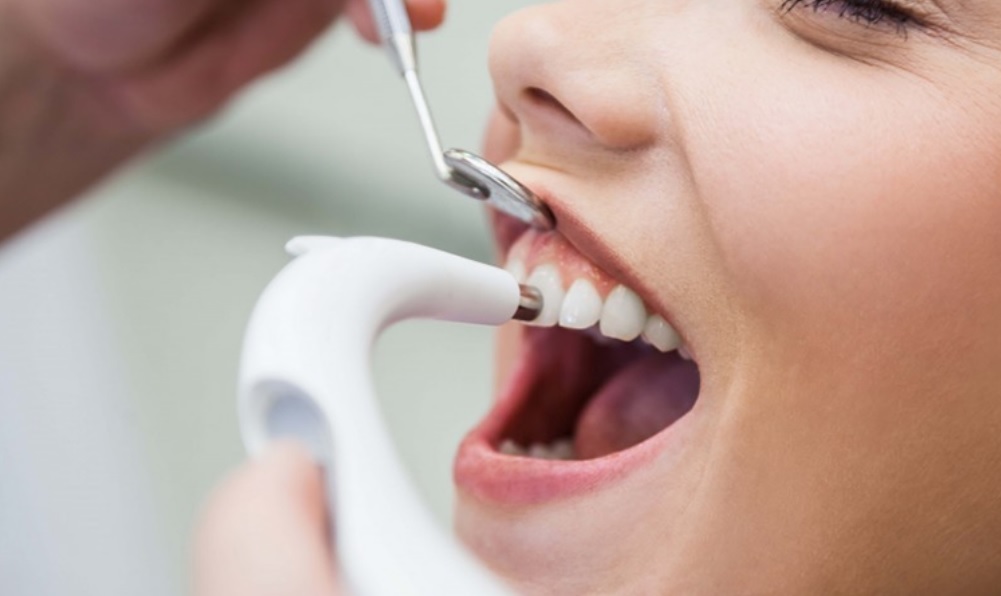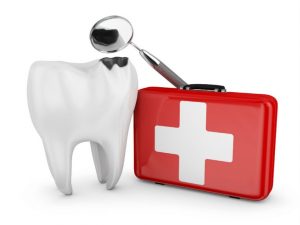What is a scale and clean procedure?

A scale and clean usually involves removing the calculus with a very fine metal instrument that vibrates at a high (ultrasonic) frequency, followed by smoothening and polishing the tooth surface with a fine gritty paste and a rubber cup.
The dental practitioner will usually apply fluoride, a substance found in most toothpaste, after the dental cleaning procedure to eliminate any post-clean sensitivity and help remineralize any early cavities.
Why do I need teeth scaling?
Build up of calculus or calcified plaque occurs over time and cannot be removed easily with a toothbrush. If the calculus build-up isn’t removed regularly, it can lead to inflammation of the gums (gingivitis) or destruction of the underlying bone (periodontitis) in severe cases.
How often should I visit the dentist?
It is recommended to have a dental checkup and clean Sydney or Sydney teeth cleaning done at the dentist once every 6 months for most individuals. But if you have existing problems such as periodontitis, your dentist may require you to return more frequently to monitor your problems.
Can I do it myself at home?
Teeth cleaning or scale and clean procedure must be carried out only by a dental practitioner and should not be attempted at home. If not done correctly, it can lead to adverse consequences like damaging the mouth’s soft tissues like the gums, cheek, and tongue.
In addition, areas of the mouth that cannot be accessed easily by a toothbrush or floss need to be cleaned thoroughly, which can only be done in dental surgery.
Bleeding during scale clean, is it bad for me?
A small amount of bleeding from the gums is generally expected during a scale and clean procedure. However, if the gums bleed excessively, it could be a sign of an underlying issue like gingivitis or periodontitis (gum disease). The dental practitioner can determine the presence and the severity of the problem and suggest ways to manage the gum disease, like proper tooth brushing techniques and interdental cleaning using floss or piksters.
How much does it cost to get teeth cleaning Sydney?
At Sydney CBD Dentistry, we have NO GAP Dental offer or NEW PATIENT special on your first appointment includes a comprehensive examination from our dentist Sydney, an OPG, and 2 bitewings X-rays, following scale clean and polishing. (or $219 for teeth cleaning cost if you don’t have a private health fund).
For returning patients, you can enjoy our RETURN PATIENT SPECIAL for a dental cleaning cost of only $219. Gap payment will depend on your health fund rebate.



